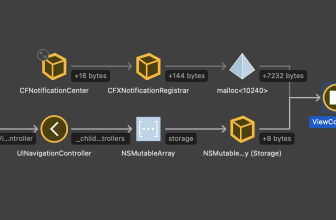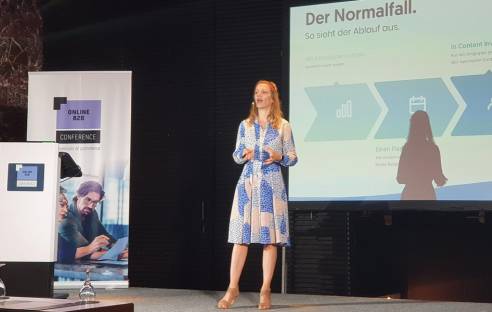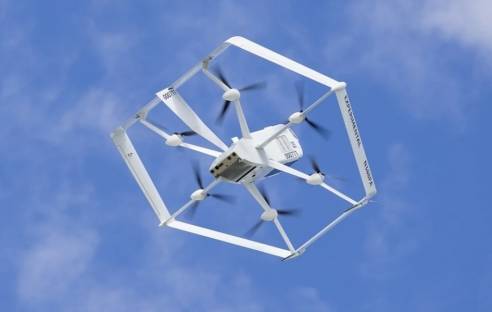Hi! I’m Viktor Lobachev. Since 2000, he has worked at the Silicon Valley startup AddVal Technology, and after that – at Pricing Analytics, I-Many and Rapt Inc. In 2009, he moved to Yandex, in 2017 – to Skoltech, while teaching at MIPT. Now I am the head of the MTS RnD center. I want to use our example to show what RnD is and what RnD specialists do.
What is RnD?
The RnD (Research and Development) Competence Center is a structure that searches, filters and analyzes initiatives in the industry and within the company. And also turns them into hypotheses, sets implementation tasks and oversees the entire process.
We are engaged in strategic areas that can give the company advantages in the long term. For example, quantum computing or Software 2.0 – when people write or pronounce a task, and the machine itself translates it into code. And possibly into the final product.
Now the process of our work in the center looks like this:
- we find an idea to test: ourselves or with the help of colleagues within the company (any employee can come to us with a request to test the hypothesis);
- we check whether this idea applies to our direction;
- we analyze the topic and collect available information on it;
- we create a hypothesis and set tasks together with a team of experts;
- we find performers who will turn our hypothesis into a project and continue to accompany it.
What do RnD specialists do?
Today, the team is divided into several groups: a research group, an information project launch group, and a coordination (or project support) group.
First, the idea gets into the innovative project launch group: it analyzes what needs there are in the market and what can benefit the company. And also sets the direction of work, builds an approximate infrastructure of the project and “on the fingers” explains to the performers what needs to be done (reinforcing with ready-made schemes and some basic code).
In the process of work, the team turns to researchers who work out specific cases and set tasks.
The support group coordinates the work of RnD teams or individual employees who develop their projects.
Who works in the team?
There are different specialists in the groups: analysts, experts and managers.
Analysts carefully analyze the specific technology. Their job is to scour the Internet, to study what publications exist on this topic and what different companies say about it, how tasks are set. And then see how this task can be implemented, and put hypotheses. They also make up functional requirements for performers and participate in the development of technical tasks.
It is desirable that analysts are people with broad views and understand how the product development process is built and research is conducted.
If analysts approve of the idea, they connect experts. These are unique specialists who have been working in a certain field for a long time — from machine learning to quantum computing. And they are already setting specific hypotheses and tasks.
It is important that the expert is sociable – otherwise it will be difficult for him to transfer his knowledge to the team.
Managers they lead the project: communicate with all team members, organize the workflow, and so on. They may not be technical specialists, but they should understand the area in which they are conducting the project.
There are also engineers in the Center who support the work, for example, help to download the necessary information from databases. As well as the administrator and project coordinator.
How to get into the team?
To become a part of the MTS RnD Center, you need to send us a resume and pass an interview – just like for any other position.

When selecting, we look at work experience, approach to problem solving and education. Yes, I think that the latter is important because it gives a person a good basis for further development.
I also look at the ability to analyze and speak. I usually ask what the applicant thinks about a particular technology, for example, hydrogen energy. And I look at how a person compares the facts and what conclusions he makes. The ability to understand and discuss different topics — even not the simplest and most popular – is a big plus.
The experience of working in RnD teams is not so important, because it is very difficult to find a person with him, but practice in technological projects is, of course, necessary.
What should an RnD specialist prepare for?
RnD is a high-risk job that is closely related to uncertainty. When we take on a new idea, we don’t understand where to start, what to look at, what benefits the company will receive. It is especially difficult in such conditions to name exact figures, for example, how much money a new project will bring to the brand.
But that’s our job: to take something indefinite and turn it into a hypothesis or a product. And the fact that some results may turn out to be negative is also a result. And a good one: if the hypothesis turned out to be ineffective, we dismiss it and do not allow the company to spend money and time on the implementation of an unnecessary project.
Another difficulty is the amount of information on the topic. Sometimes it is not enough, and sometimes it is too much, and poorly structured. There are conflicting opinions or just “information garbage”. And it’s difficult to wade through all this.
But such work is useful for personal development and expansion of views. When you are engaged in complex strategic things, you can learn about a lot of unusual and promising projects, technologies and scientific directions and become involved in their development. I think it’s very interesting and inspiring.
Outsourcing Software Development Services | Dedicated Solutions Outsourcing












